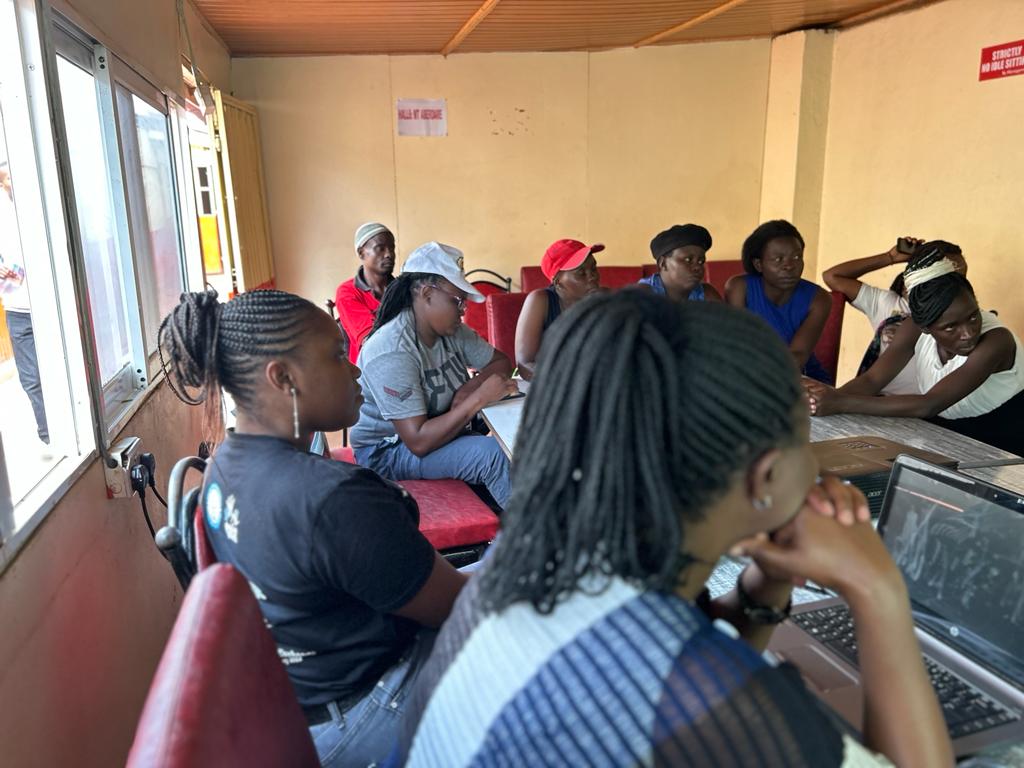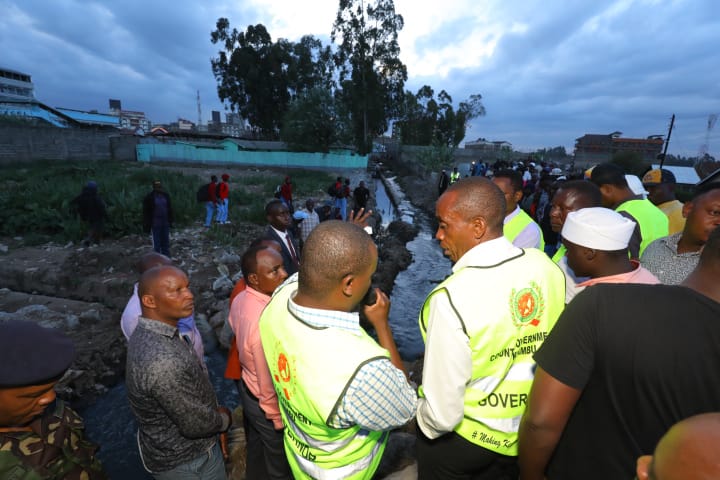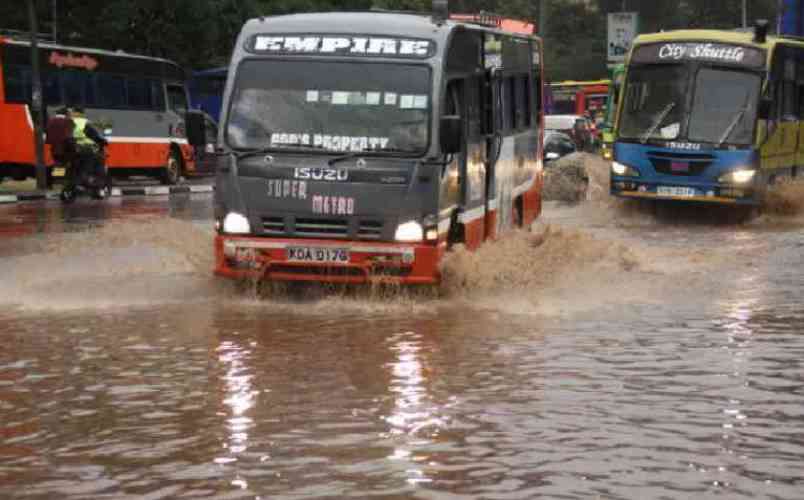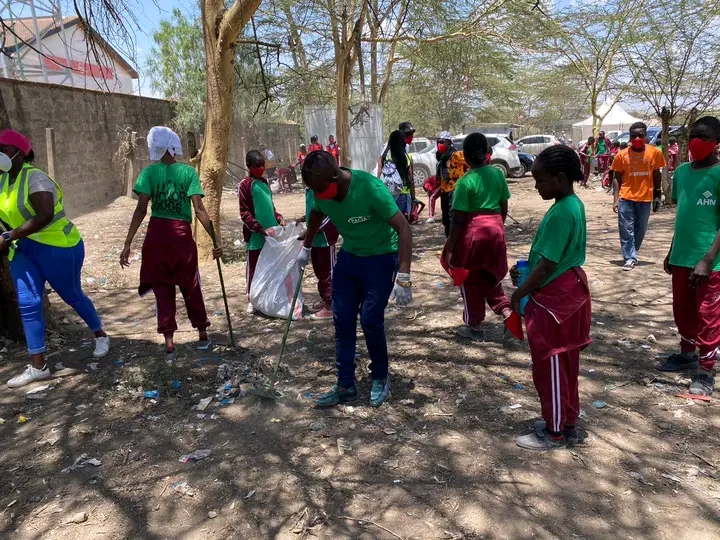Waste pickers worldwide contribute significantly to the prevention of waste pollution by recycling and reusing materials that would otherwise end up contaminating the environment.
When well organised and formally integrated into recycling systems, waste pickers can increase their contribution to environmental protection.
Women waste pickers face greater risks from chemical exposures and experience higher rates of adverse health outcomes because of their physiology and exposure to chemicals from personal care and household products as opposed to men.
With these statistics in mind, The Centre for Environmental Justice and Development (CEJAD) Kenya, an NGO focused on the problem of plastic waste held a training forum for women waste pickers in Kiambu County, sensitizing them on the importance of safety in regards to waste management measures.
“Dump sites are full of toxic substances that are generally harmful to both men and women, however men take on more supervisory roles leaving the women to rummage through the waste exposing them to toxic chemicals that can result in cancer, respiratory problems and skin infections,” said Dorothy Adhiambo, an environmental campaigner at CEJAD.
She stated that while it was understood that exposure to toxic substances from the dumpsites can result in all manner of life-threatening complications, little attention had been paid to their impact on the reproductive health of waste pickers who are often women.
“Materials like plastic and e-waste contain lethal chemicals that studies show can disturb the body’s hormonal systems. In addition, most waste pickers handle the trash without protective gear like gloves and masks, intensifying their exposure to health risks. As higher volumes of trash continue to end up in landfills, informal workers will be on the frontlines of an issue that is quickly becoming a global concern,” said Adhiambo.
The training took the participants through topics such as health and safety, infection prevention and best practices for solid waste management, as well as infectious waste management in terms of collection, transportation and disposal.
The participants were taken through hands-on training on personal protective equipment (PPEs) to wear for waste collection, types of wastes and the level of risk for waste collectors and pickers.
“This training has been very insightful for me. I did not know much about safety attires that I have to wear to protect myself. I have also come to understand the type of different wastes and I can now identify infectious waste and know how to handle such to avoid getting infected,” noted Njeri Mwangi, a waste picker at Kangoki Dumpsite in Thika.
It is expected that the leaders of the waste pickers groups who participated in the training will extend the knowledge gained to their members.
The training was conducted in accordance with the sustainable waste management act 2022 which provides for the establishment of a legal and institutional framework for the sustainable management of waste to ensure the realisation of the constitutional provision of a clean and healthy environment for all.



